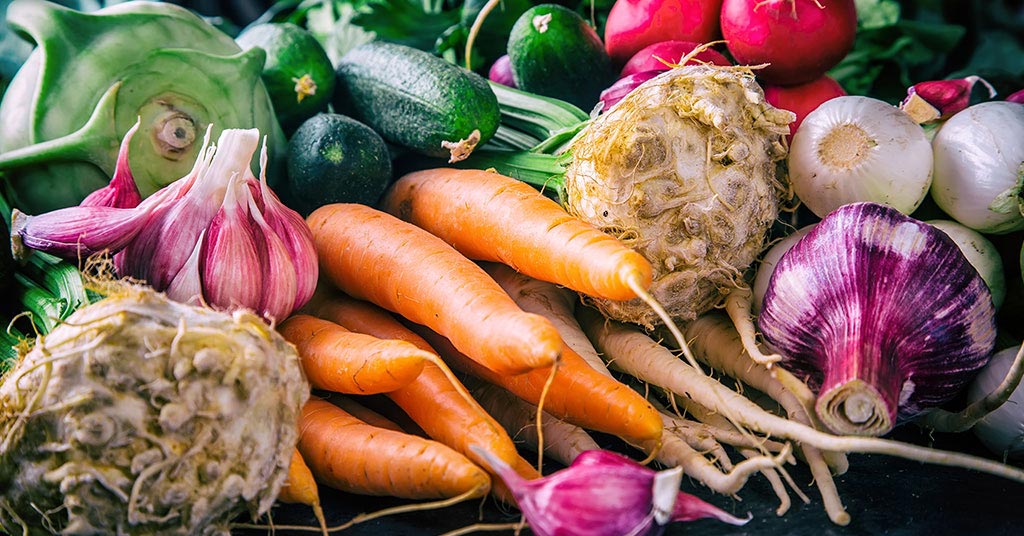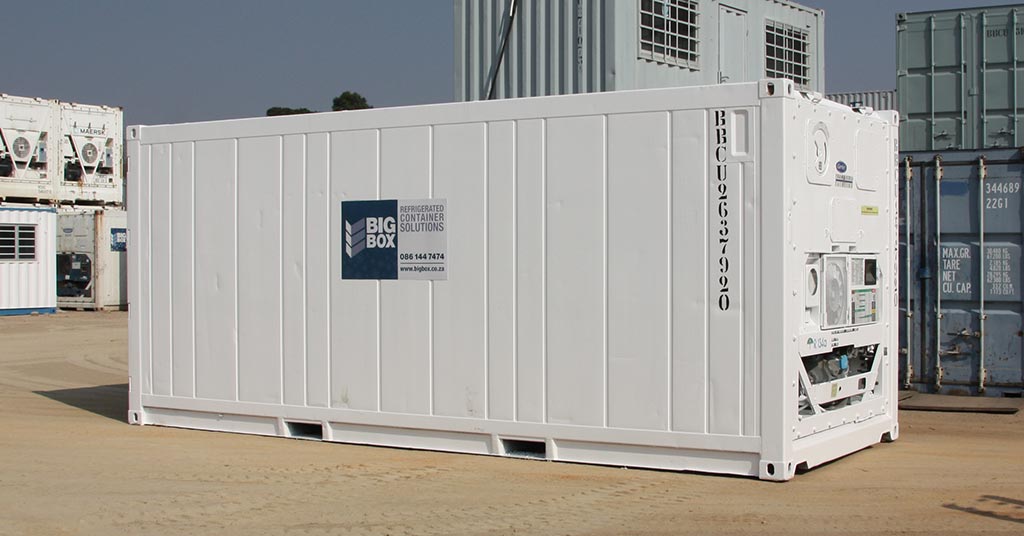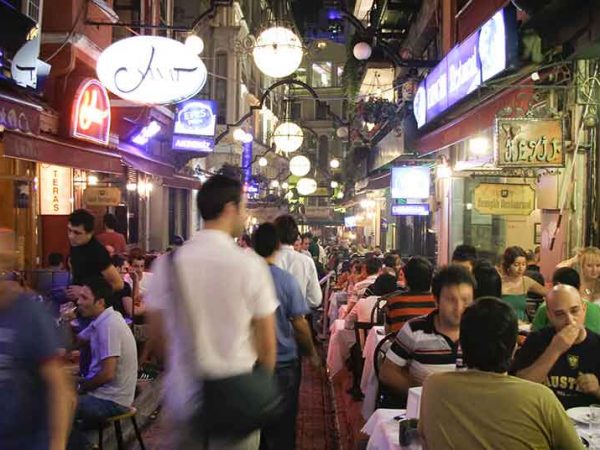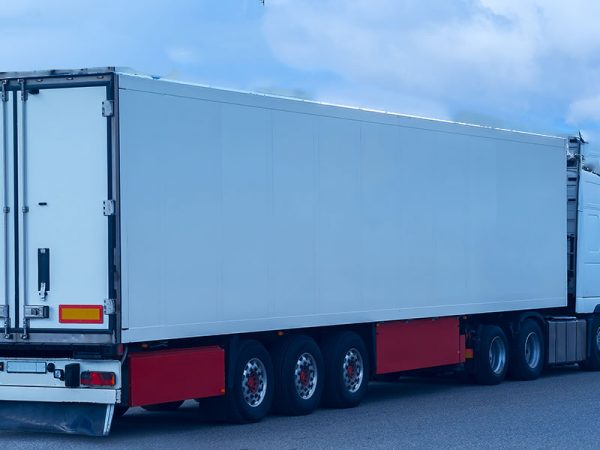
According to CNBC Africa, African farmers lose as much as 40 percent of harvested perishables before they reach retailers.
Effective cold-storage solutions could help turn this situation around, significantly prolonging the life of fresh produce. In Rwanda, Uganda and Kenya, for example, the Alliance for a Green Revolution in Africa (AGRA) is currently looking to transform the potato industry, investing billions in local cold storage facilities.
For farmers in South Africa, one cost-effective and highly flexible solution is to use reefers as on-farm cold storage units. Reefers are retired shipping containers that have been converted into refrigeration units.
Why on-farm cold storage?
Having the capacity to store produce on-site can empower farmers in more ways than one.
It means they aren’t forced to sell harvested produce immediately, when there’s a glut and prices are at their lowest. Instead, depending on each crop and its storage needs, it becomes possible to time sales to capitalise on better prices or conditions.
On-site cold storage may mean produce can withstand longer delays between harvesting and actual shipment to distribution centres, resulting in less spoilage.
Also, on-farm cold storage may help equip farmers to target new, local markets.
Increasingly, farmers in developed countries are managing to augment their sales to large retailers with more localised sales. For example, they may sell a share of their produce to nearby farmers’ markets, restaurants, institutional food services and, in the case of community-supported agriculture (CSA), direct to customers (in regularly delivered boxes).
This is obviously good for farmers. It’s also good for local businesses and, because less transportation is involved, good for the environment.
On-farm cold storage options
Farmers may use a range of on-farm cold storage solutions, including:
- commercially purchased drive-in or walk-in refrigerated units
- self-built cold storage rooms, for example in barns or warehouses
- old-fashioned root cellars, in some cases upgraded to include modern ventilation and cooling systems
- one or more reefers.
All the options have pros and cons. For example, an obvious down side of commercially available refrigeration units is cost.
Multiple units may be required for large-scale harvests or, on smaller farms, to provide suitable storage conditions for different types of crops.
Challenges associated with constructing your own cold storage rooms include the availability of suitable space, the need for proper know-how when it comes to cooling and ventilation systems and potentially high labour and material costs.
Of course, farms may also combine multiple types of on-farm cold storage solutions.
Why consider reefers for agricultural cold storage?

Reefers have a number of potential advantages as on-farm cold stores:
- lower cost than constructing “brick and mortar” cold storage facilities
- portability – you can transport a reefer where you need it, when you need it
- durability and toughness – reefers are weather and tamper-proof
- hygiene – reefers are constructed of aluminium and are easy to clean
- scalability – if you need more space, you can simply add another reefer.
At Big Box Containers, we specialise in providing high-quality reefers, including 6-metre units and 12-metre Hi-Cube units, which feature higher ceilings than the standard units.
Each refrigerated container is lined with stainless steel to provide superior strength, security and durability. All our containers also feature aluminium flooring, ensuring easy cleaning and even distribution of cold air.
Contact us for more information or to discuss your cold storage needs.



